With flexibility and boldness, many farmers in Thach Binh commune (Ha Tinh city) have boldly built effective economic models, contributing to improving the new rural criteria in the locality.
The nearly 2-hectare economic model of Mr. Ngo Ha Phuong in Dong Nam village (Thach Binh commune).
In the ineffective rice growing area, often abandoned in Dong Nam village, Mr. Ngo Ha Phuong (born in 1986, Dong Nam village) boldly rented nearly 2 hectares of rice fields that were not suitable for cultivation to convert into a model of raising field crabs, combined with raising cartilaginous loach, white-legged shrimp, black apple snails...
Mr. Phuong shared: “Previously, the land area was used by villagers to grow rice but the efficiency was not high, so they gradually abandoned the land and no longer cultivated it. Realizing that the land was left empty and overgrown with weeds was a waste, I discussed with my wife and encouraged people to rent it out for business. In June 2023, I invested more than 600 million VND to rent machinery to dig ponds, build banks, and complete water channels to plan an aquaculture area on an area of nearly 2 hectares. While working, I learned experience and learned techniques for raising field crabs, cartilaginous loach, crucian carp, and black apple snails.”
Mr. Phuong's model is raising field crabs, loach, crucian carp, white-leg shrimp and black apple snails.
Currently, Mr. Phuong's model is raising 60,000 field crabs, 260,000 loach, 60,000 crucian carp, 40,000 white-leg shrimp and 50,000 black apple snails. It is expected that by December, he will harvest the above species with a total output of more than 5 tons, with an estimated revenue of over 1 billion VND.
"Thanks to the support of local authorities and the application of scientific and technical advances in production, my model is developing well. I hope that the model will bring in good income from the first harvest so that my family can expand the scale and increase the number of pigs raised in the next harvests" - Mr. Phuong hopes.
Mr. Ho Xuan Tinh in Dong Nam village is raising 50 bee colonies and planting nearly 100 Taiwanese guava trees.
Although he is 70 years old this year, Mr. Ho Xuan Tinh in Dong Nam village is still enthusiastically and diligently taking care of his family's 50 bee colonies and nearly 100 Taiwanese guava trees. Because this is the main source of income, helping him and his wife live a healthy life every day, working hard and reaping sweet fruits.
Mr. Tinh said: "More than 5 years ago, the local authorities supported me with 5 breeding bee colonies to develop the economy and increase my income. From these 5 bee colonies, I have multiplied them to 50 colonies and regularly support surrounding households in need of beekeeping. Thanks to good care, the bees secrete honey regularly, and on average I collect over 150 liters of honey each year, bringing in nearly 40 million VND in revenue. In addition, the income from growing guava also helps my family earn more money."
Beekeeping and guava growing help Mr. Tinh's family have a stable life.
According to Mr. Tinh, taking care of economic development not only helps families improve their income but also helps the locality maintain the criteria for advanced NTM in the area such as income and environment criteria... Actively developing the economy also helps the garden become cleaner and more spacious.
Not only helping people actively apply science and technology to production, in recent times, Thach Binh commune has also focused on directing the development of models with linkages and joint ventures to stabilize the market and ensure output for products. Typical examples are deer farming models in the area.
Deer farming model of Mr. Tran Huu Binh's family in Binh Yen village.
In early 2022, with local support of 50% of the cost of buying breeding animals, Mr. Tran Huu Binh's family (born in 1964, in Binh Yen village) invested in barns and bought 5 breeding deer for trial breeding.
Mr. Binh said: "Before, my family never thought of raising deer to develop the economy. Because deer are difficult to raise, the cost of buying breeding animals is high, if you don't have experience, it will be difficult to succeed. However, with the local government supporting 50% of the cost of buying breeding animals, linking with the breeding center to provide training on breeding techniques, harvesting antlers as well as consuming products, my family boldly invested in barns and raised 5 deer. Up to now, after nearly 2 years of raising this animal, my family has increased the herd to 13 deer and will develop more in the near future."
In Thach Binh commune, there are 6 households raising deer with a total herd of 40 deer.
In addition to Mr. Binh's family, currently, in Thach Binh commune, there are 6 households raising deer with a total herd of 40 deer. This is a new livestock species developed by the locality and has initially brought positive signals such as: deer growing well, producing antlers evenly...
Currently, in Thach Binh commune, there are about 50 economic models with income from 80 million VND/year or more. The models not only create economic value but also help improve people's lives, contributing to the change of the local economy, especially in building new rural areas. This will be a stepping stone to help the locality firmly reach the goal of a model new rural commune by 2025 as planned.
Video: Leaders of Thach Binh commune share about economic models in the area.
Mr. Tran Huy Tien - Vice Chairman of Thach Binh Commune People's Committee said: "In recent times, along with the application of scientific advances, high technology applications... in agricultural production, the locality has created conditions for households to develop comprehensive economic models. Especially supporting capital sources; helping to access preferential capital sources in terms of interest rates... Currently, many models in the locality have been and are developing positively, bringing high economic profits, contributing to helping the locality soon reach the finish line of a model new-style rural commune, gradually moving towards urban agriculture, contributing to promoting the overall socio-economic development of the city".
Van Chung
Source


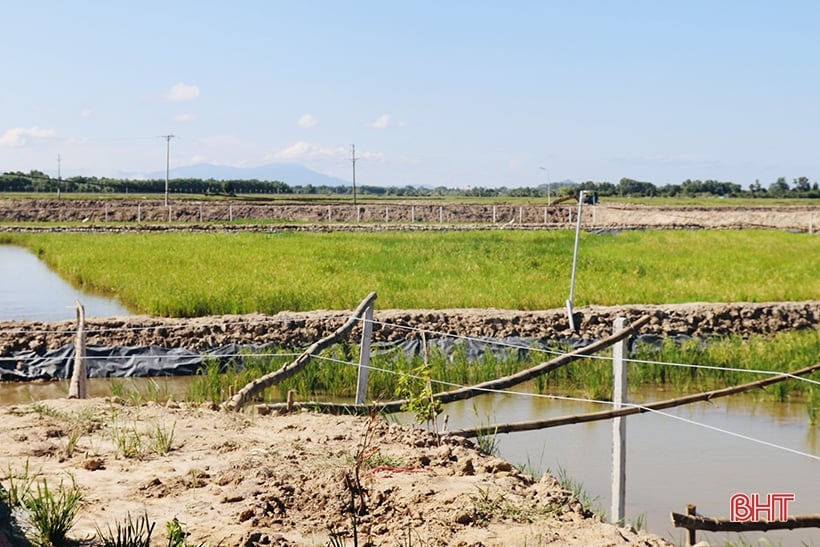
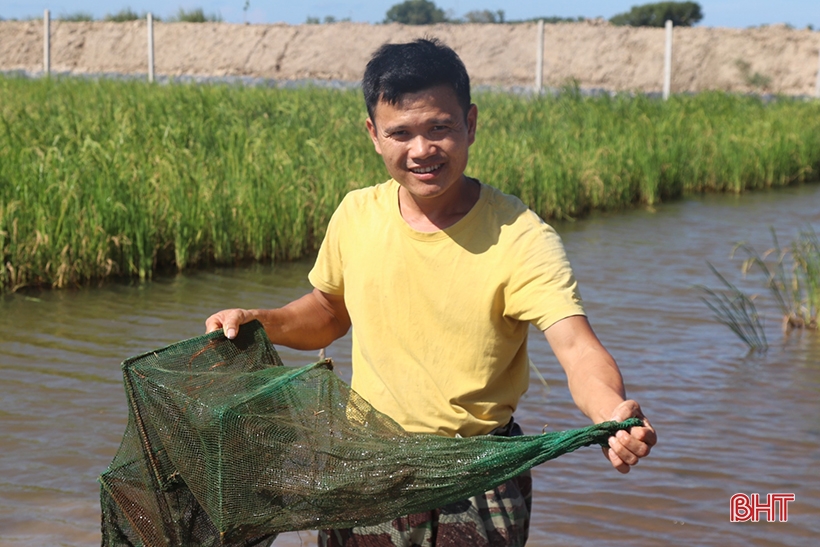
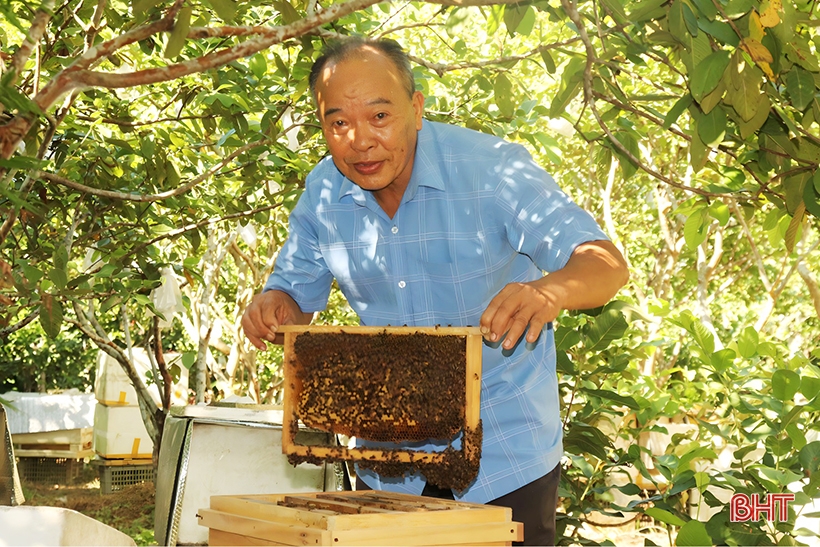
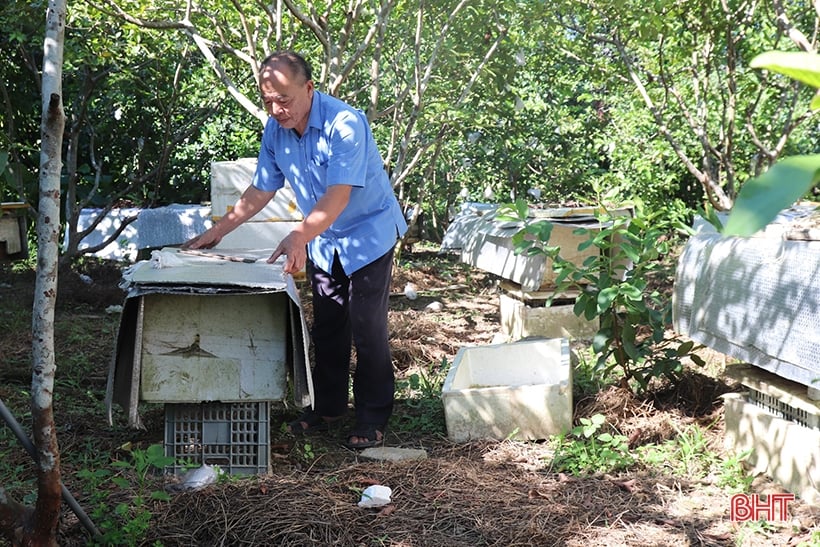
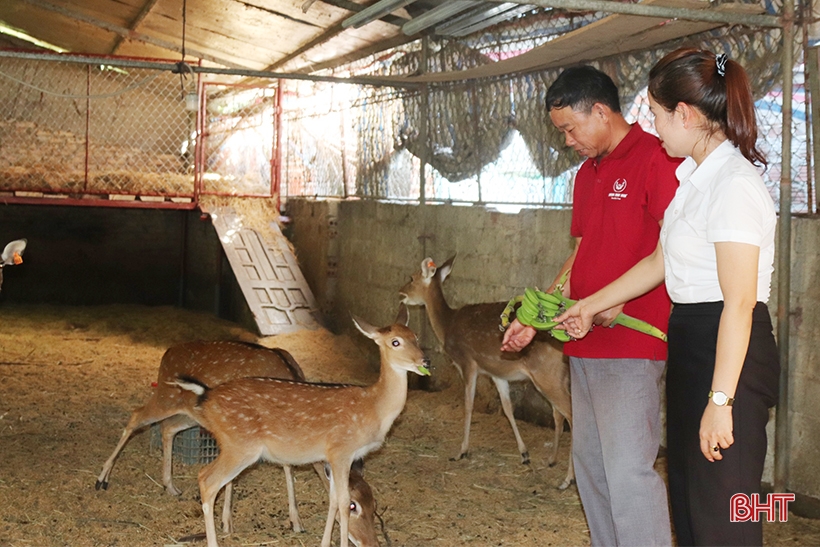
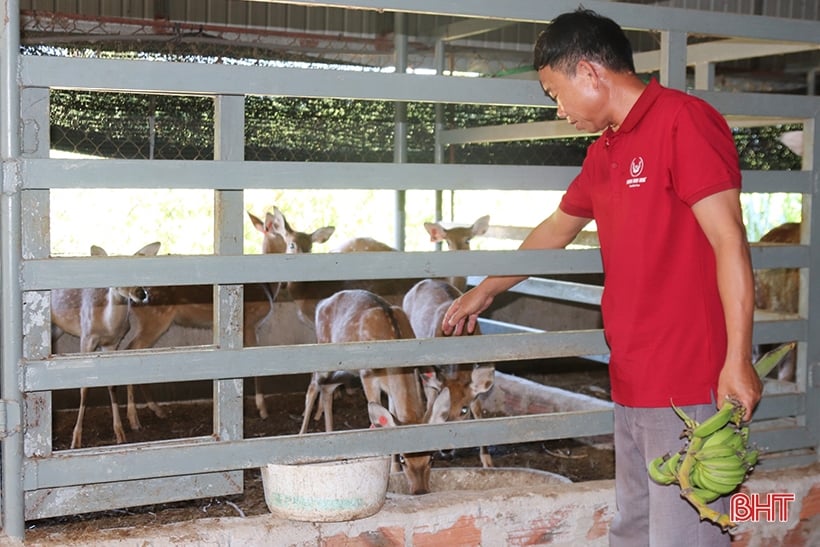
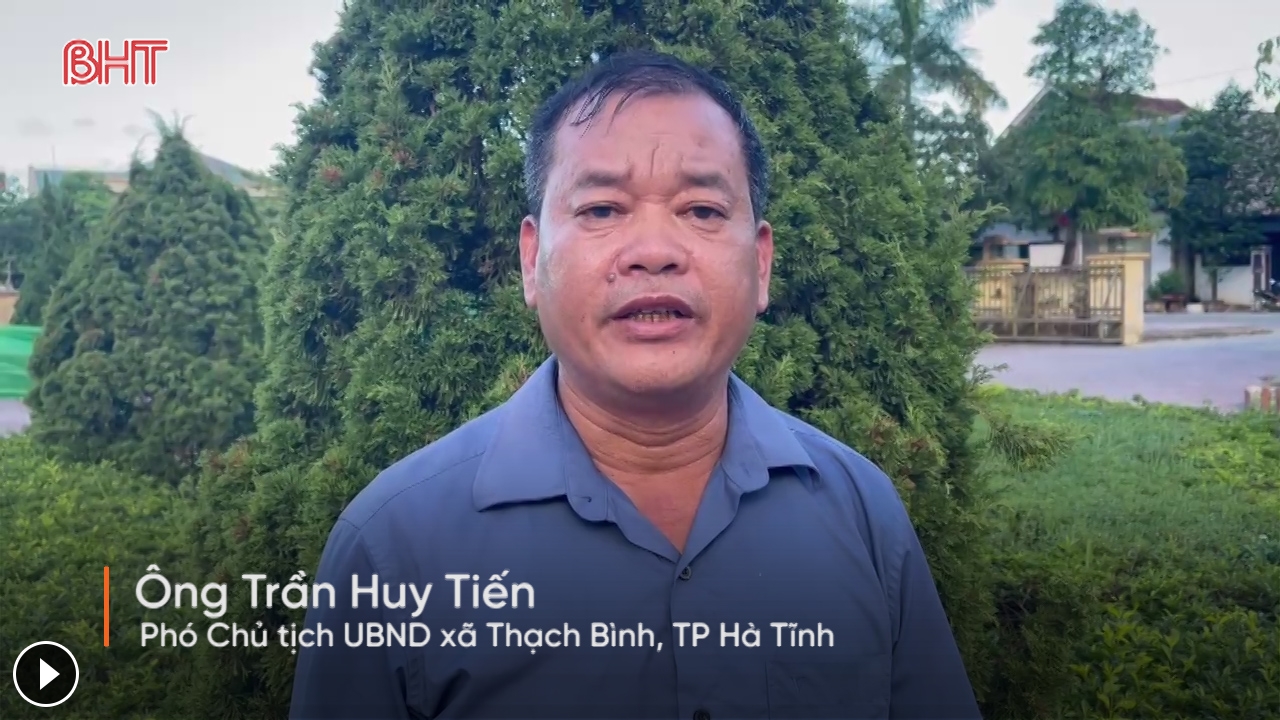

![[Photo] Prime Minister Pham Minh Chinh receives Country Director of the World Bank Regional Office for Vietnam, Laos, Cambodia](https://vphoto.vietnam.vn/thumb/1200x675/vietnam/resource/IMAGE/2025/5/15/2c7898852fa74a67a7d39e601e287d48)

![[Photo] President Luong Cuong attends the National Ceremony to honor Uncle Ho's Good Children](https://vphoto.vietnam.vn/thumb/1200x675/vietnam/resource/IMAGE/2025/5/15/9defa1e6e3e743f59a79f667b0b6b3db)

![[Photo] In May, lotus flowers bloom in President Ho Chi Minh's hometown](https://vphoto.vietnam.vn/thumb/1200x675/vietnam/resource/IMAGE/2025/5/15/aed19c8fa5ef410ea0099d9ecf34d2ad)





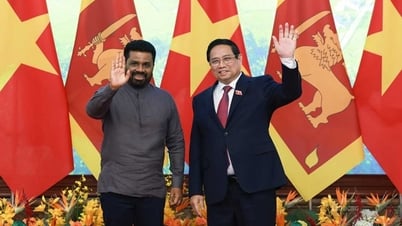




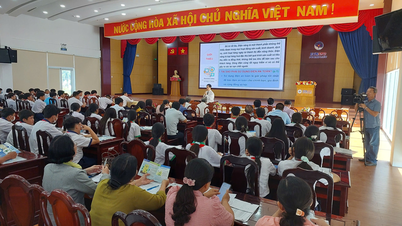

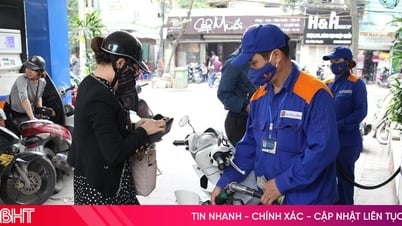


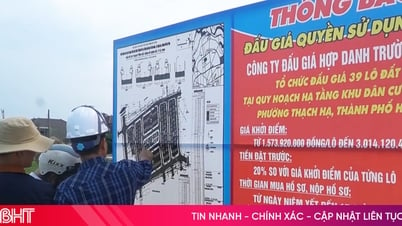
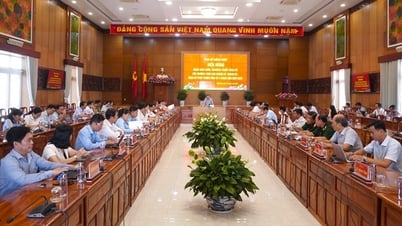






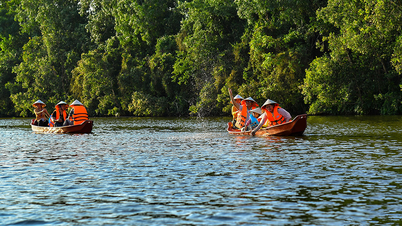


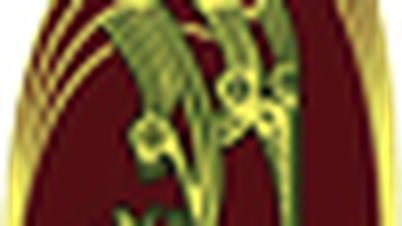




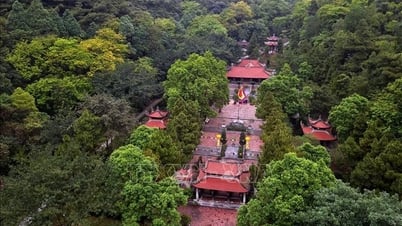



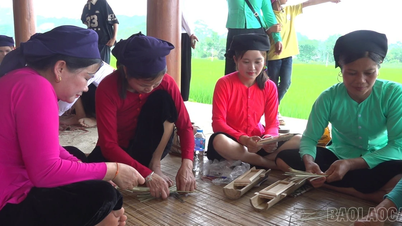

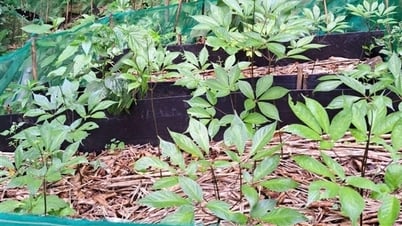


























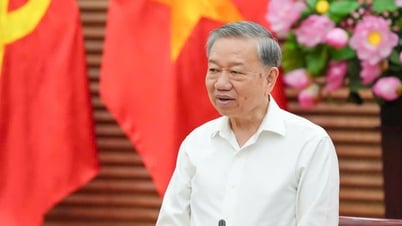
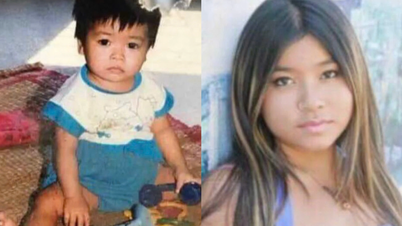
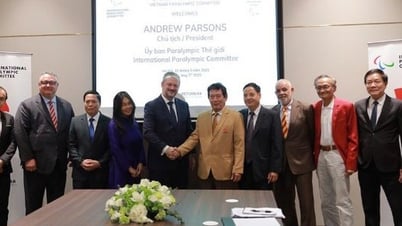
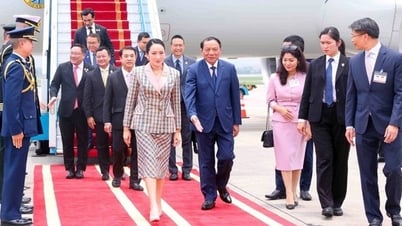
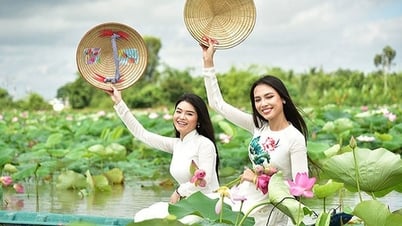
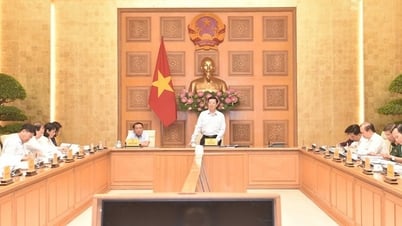


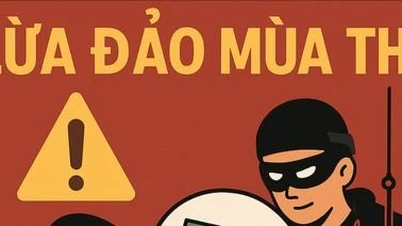

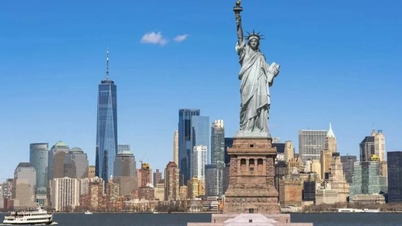

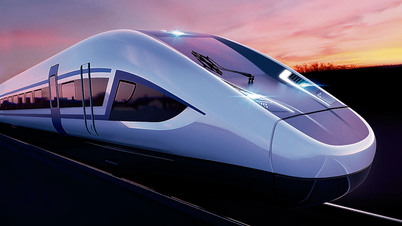

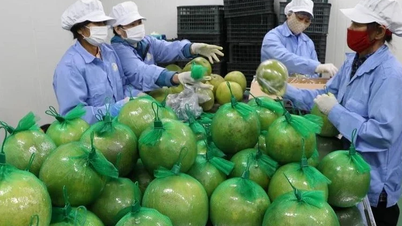

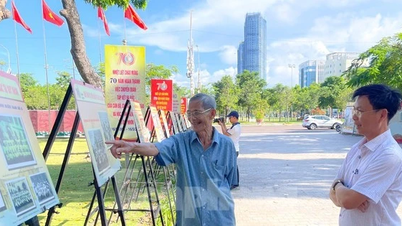
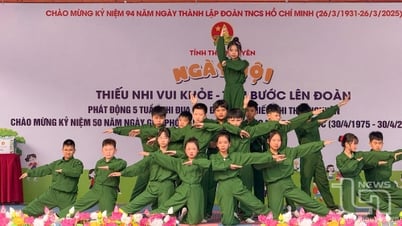






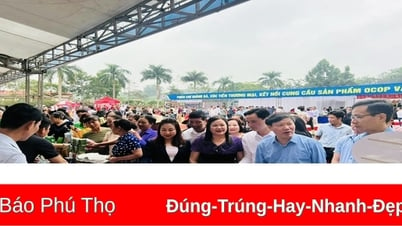



Comment (0)